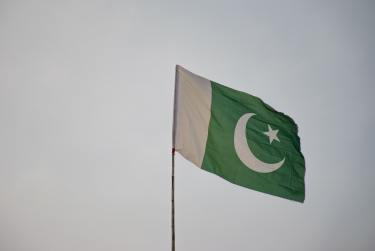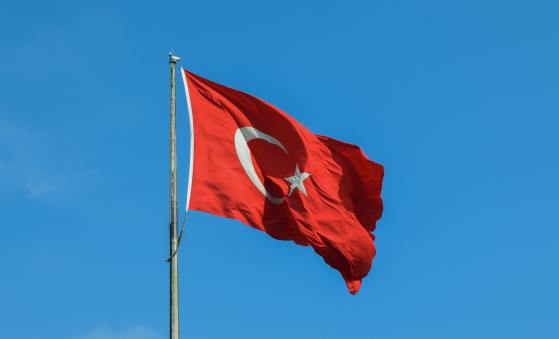
Christians in Pakistan have expressed cautious relief after authorities in Punjab Province launched a major crackdown on Tehreek-e-Labbaik Pakistan (TLP), a hardline Islamist party long accused of inciting violence against Christians and other religious minorities.
The pre-dawn operation on 13 October was aimed at dismantling potentially violent protests and preventing TLP’s planned “Gaza solidarity” march from Lahore to Islamabad. The group had denounced a recent U.S.-brokered ceasefire between Israel and Hamas as a “conspiracy to subjugate the Palestinian people.”
According to police, one officer was killed and several others injured in clashes. Officials said three TLP members died, while TLP-linked social media accounts claimed the number of casualties among their followers was far higher.
The operation took place in Muridke, about 50 kilometres from Lahore, where protesters had camped overnight. The Punjab government reported that more than 2,700 people were detained and another 2,800 placed on an “exit control” list, preventing them from leaving the country. Over 60 mosques and seminaries linked to the party were sealed, including its headquarters in Lahore.
TLP leader Saad Hussain Rizvi and his brother Anas reportedly evaded arrest and are believed to be hiding in the autonomous region of Azad Jammu and Kashmir.
Punjab Chief Minister Maryam Nawaz Sharif said in a statement that her government had submitted a proposal to the federal authorities seeking a ban on the extremist group. The statement, without naming TLP directly, said: “Those involved in inciting violence, spreading hatred and violating the law will be arrested immediately under the proposed ban.”
It added that the party’s leadership would be listed under the “Fourth Schedule” of Pakistan’s Anti-Terrorism Act, a designation for individuals suspected of terrorism or sectarian activity. The government also announced plans to freeze TLP’s bank accounts, remove its online platforms that promote hate speech, and transfer its assets to the provincial Auqaf Department.
TLP first rose to prominence after backing Mumtaz Qadri, the bodyguard who assassinated Punjab Governor Salmaan Taseer in 2011 for supporting Aasia Bibi, a Christian woman falsely accused of blasphemy. Since then, the group has organised repeated violent demonstrations over religious issues, including protests in 2017, 2020 and 2021 that left several police officers dead.
Although the federal government banned TLP in April 2021 under anti-terrorism laws, the restriction was lifted a few months later following a negotiated settlement. Similar measures were briefly reintroduced in 2023 but were again rolled back after another agreement.
Under Pakistan’s constitution, the Supreme Court has final authority to approve a ban on any political party if the government declares it is acting against national sovereignty or integrity.
Christian rights advocates have welcomed the renewed crackdown, describing it as “long overdue.”
A Christian lawyer representing several clients falsely accused of blasphemy said TLP’s rhetoric and protests have fuelled a surge in anti-Christian violence. “They have instilled so much fear in the judiciary that many judges refuse to hear appeals from blasphemy convicts,” the attorney said, speaking anonymously for security reasons.
He praised the Punjab government for taking decisive action, saying previous protests had resulted in police deaths but no accountability for TLP. “This time, the state has acted with full backing, allowing police to finally respond.”
Samson Salamat, chairman of the Rwadari Tehreek (Movement for Equality), said authorities must ensure that extremist parties like TLP cannot re-emerge. “The state must not show flexibility at this stage,” he said. “Earlier attempts to control TLP only emboldened it. We hope this time the government will not be pressured into concessions.”
TLP members have been linked to multiple attacks on Christians, including the August 2023 rampage in Jaranwala, Punjab, where churches and homes were destroyed after false blasphemy accusations. In June 2024, a Christian man, Nazeer Masih Gill, was lynched by a mob in Sargodha under similar circumstances.
Pakistan ranks eighth on Open Doors’ 2025 World Watch List of the most difficult places in the world to be a Christian.
Adapted from CDI – Morning Star News.




